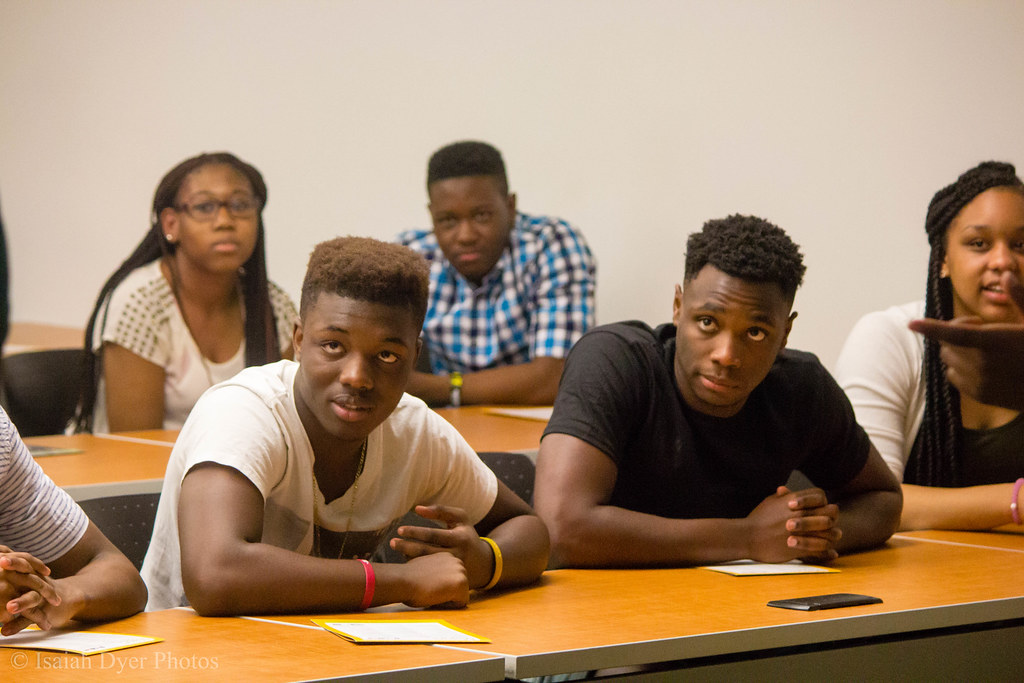
School behavior problems can refer to a range of disruptive or challenging behaviors that can negatively impact a child’s academic and social functioning. Some common school behavior problems include:
- Aggressive behavior: This can include physical aggression, verbal aggression, or bullying behavior towards peers, teachers, or staff.
- Noncompliance: Children may refuse to follow instructions, complete assignments, or participate in class activities.
- Attention problems: Children with attention problems may have difficulty staying focused during class, completing work independently, or following routines.
- Hyperactivity: Children may have difficulty sitting still, staying in their seat, or waiting their turn.
- Disruptive behavior: Children may interrupt class activities, talk out of turn, or engage in other disruptive behaviors.
- Social difficulties: Children may have difficulty making and maintaining friendships, or may struggle with social skills such as taking turns, sharing, or conflict resolution.
There can be many reasons for school behavior problems, including underlying mental health disorders, learning disabilities, family stressors, or difficulties with peers. Treatment for school behavior problems typically involves a multidisciplinary approach that may include psychotherapy, family therapy, behavior modification techniques, and medication. It’s important to seek professional help if your child is experiencing school behavior problems, as early intervention can lead to better outcomes and improve their overall well-being. Additionally, it’s important for parents and caregivers to work closely with their child’s school and teachers to develop a plan that supports their child’s needs.
